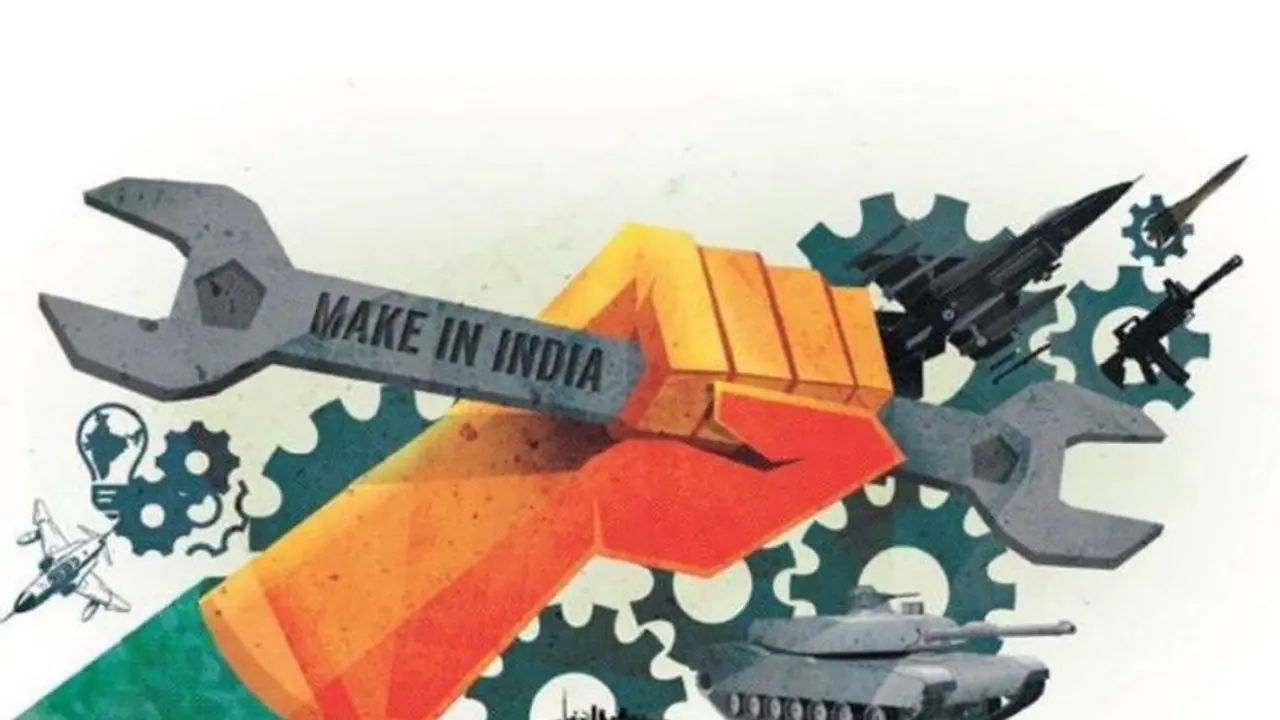The defence and aerospace industry expects the Budget to focus on R&D, speedy orders, creation of testing facilities and an ecosystem to support innovation for the defence and aerospace industry, says Jitender Mittal, CFO, Crown Group Defence
Defence and aerospace is an emerging industry in India following recent policy initiatives for increased private sector participation and thrust on Make in India. The sector is looking forward to opportunities in the upcoming Budget 2023-24 to escalate growth in the coming years. In the last five years, the budget allocation of the defence sector has increased by 46 per cent.

With increased budgetary support over the last few years, the government has placed modernisation and infrastructure development of the armed forces as the main focus of the national security and defence planning process. The Government of India's 'Make in India' and 'Aatmanirbhar Bharat' policies have opened tremendous opportunities for growth in the defence sector.
Also Read: What India Needs: Budget for double-digit GDP growth for a decade
The industry expects the Budget to focus on R&D, speedy orders, the creation of testing facilities and an ecosystem to support innovation for the defence and aerospace industry.
Corporate Tax rate
The present corporate tax rate is 22 per cent (before surcharge and cess), while the global minimum tax rate agreed amongst most nations is 15 per cent. The tax rate for new manufacturing companies in India is also 15 per cent (before surcharge and cess). This can be extended to MRO companies in defence having technology partnerships with overseas OEMs since they are playing a crucial role in maintaining the huge inventory of imported equipment and making defence self-reliant.
Reduction in the corporate tax rate would help make Indian businesses more competitive and would help them capture global market share as well. Further, lower personal income tax for foreign specialists may be considered.
Goods and Services Tax
GST and customs duty rate (effective) levied on the purchase of components and spares comes to 5-28 per cent. This needs to be reduced substantially in case the indigenisation of that equipment, spare parts, and other components is going to take time, in line with those imposed by other countries, to make the landed price competitive.
MSMEs
India is the fifth-largest economy and is poised to be the third-largest in the near future. A 5 trillion dollar economy size is in sight. 2047 is the target for India to be a developed nation. To achieve these targets, India needs a strong, organised MSME sector.
The TReDs (Trade Receivables Discounting System) platform has been created for faster settlement of dues to MSMEs.
With TReDS, a large part of the working capital finance requirement of MSMEs can be taken care of. Government organisations like the Army, Navy, Airforce and Coast Guard must consider registering at these platforms. This will ensure prompt and competitive financing for MSMEs (MRO and other defence-related suppliers), which can resolve the issue of access to finance.
Timelines for payments from government customers need to be significantly reduced with higher visibility. One of the critical reasons that private players do not participate is the delays in the payments from the customers. Further, for any orders placed overseas, the policy allows for advance payments and full payments post-shipment. Unfortunately, similar payment terms are not offered to Indian vendors making the business unviable or uncompetitive in many cases. Offering similar payment terms should be seriously considered as this will provide a significant boost to making India 'Aatmanirbhar'.
Union Budget 2023: Auto industry's wishlist for FM Nirmala Sitharaman
Also Read: 'Support for hybrid and low emission vehicles in Budget 2023 would be great'
